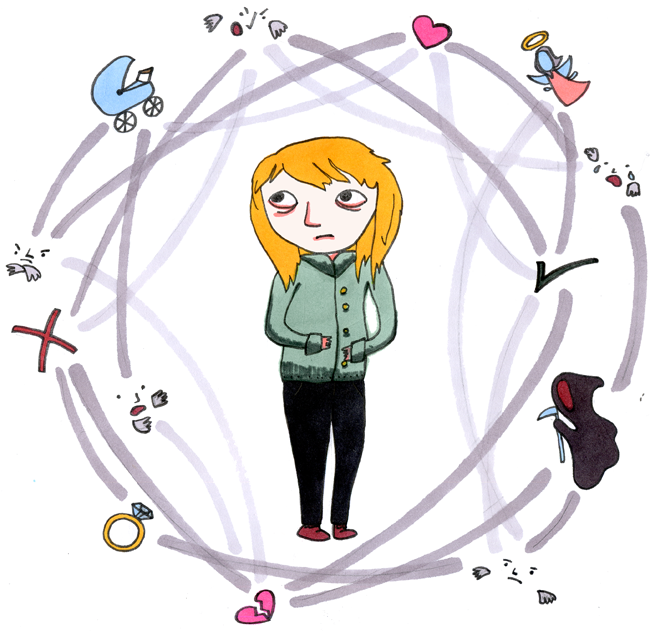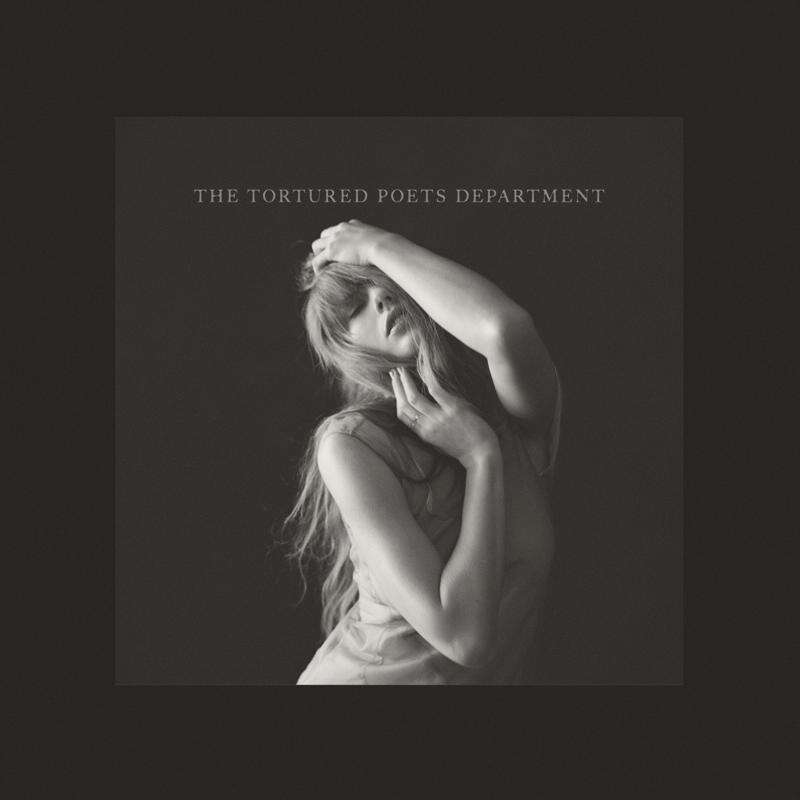On January 22, 1973, the 7-2 Supreme Court decision regarding Roe v. Wade established a nationwide right for a woman to be able to decide on the personal choice that is abortion. Recent polling suggests that support for Roe v. Wade is growing and despite any personal, religious or moral objections, a majority of Americans recognize that abortion is a complex issue based on a numerous, and often complicated, set of circumstances.
A poll released by the Pew Research Center found that 63 percent of Americans opposed overturning Roe v. Wade, compared with 29 percent who said it should be overturned. The researchers say such opinions have stayed virtually unchanged from previous surveys.
NBC News and The Wall Street Journal reported similar results through a survey that found seven out of 10 participants do not want Roe v. Wade overturned, saying it is the highest percentage of support this question has generated since 1989.
Despite majority support for keeping Roe v. Wade in place, America continues to be divided on the morality of abortion. Pew reports that 47 percent of Americans say they personally believe that it is morally wrong to have an abortion, 13 percent find it morally acceptable, 27 percent say it is not a moral issue to begin with and nine percent conclude that it depends on the circumstances.
These findings suggest that even though various personal and moral beliefs exist when it comes to abortion, a majority of Americans ultimately recognize the decision is far too complex than simply two mutually exclusive sides of “life” versus “choice.”
As op-ed columnist Gail Collins wrote for The New York Times, “Americans are permanently uncomfortable with the abortion issue, and they respond most positively to questions that suggest it isn’t up to them to decide anything.”
After all, recent polls suggest how you pose the question is crucial. While polls such as Quinnipiac University’s annual voter survey suggest support for Roe v. Wade is growing, Gallup found that posing the question in terms of labels of “pro-choice” versus “pro-life” resulted in the exact opposite trend. Gallup reports that the percentage of voters who identified as “pro-life” rose from 46 percent to 50 percent in the past two years with “pro-choice” percentages falling respectively.
With opposing trends emerging merely based on how the question is posed, how can we reconcile the differences in results? Results from polls such as Gallup highlight that despite labels, Americans believe there are circumstances, such as to save the life of the mother or in cases of rape and incest, in which abortion may be more acceptable than in others.
Such opinions transcend the restricting labels of “pro-choice” versus “pro-life” because those labels do not take into account the various life circumstances and situations many women encounter when facing this difficult decision. After all, we can be “pro-choice” or “pro-life” for certain circumstances, yet feel the opposite for another set of circumstances.
In a Planned Parenthood poll, one woman who identified as “pro-life” told researchers there should be three labels: “pro–life, pro-choice and something in the middle that helps people understand circumstances …it’s not just black or white, there’s gray.”
With abortion continuing to be a divisive issue in legislation and politics, it is important to note that most Americans fall somewhere in the middle. In addition, Pew Research Center found 53 percent of respondents said abortion “is not that important compared to other issues,” up from 48 percent in 2009 and 32 percent in 2006.
Because the issue of abortion is so complex and entwined in individual circumstances, most Americans would rather see political attention shifted to other important issues facing our nation rather than focused on the private medical decisions of others.
Published on January 23, 2013 as "Americans favor women's choice".





















